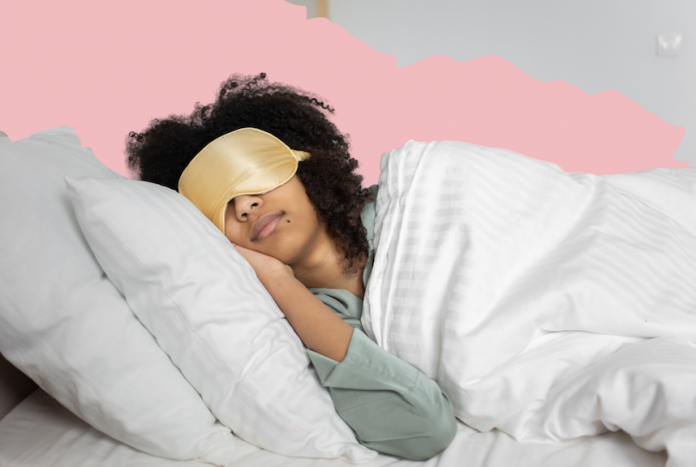Sam Atherton from the Sleep Matter Club powered by dreams shares with IDEAL her top tips on how to sleep better during allergy season
Now we’re in summer, many people are spending more time outdoors. However, some are avoiding time spent in the warmer weather due to seasonal allergic rhinitis, known to most as hay fever.
Seasonal allergies occur when airborne pollen from trees, flowers, grasses and weeds enter the body through the nose, eyes or mouth.
One area that is significantly affected by hay fever is sleep. Hay fever sufferers are kept awake by breathing difficulties, sneezing and nose blowing, which can result in significant daytime sleepiness and fatigue.
In one study, only 17% of patients with allergies rated their sleep as optimal. About half of all people in the study said their allergies woke them up at night and made it more difficult to fall asleep.
Hay fever affects one in four people in the UK, and, unfortunately, there is no real cure.
Many sufferers will notice that hay fever symptoms worsen at night. Some believe that this is because as the temperature cools in the evening there is less hot air rising, and that leaves a layer of pollen-rich air around ground level.
What can hay fever sufferers do to sleep better?
Fortunately, there are measures hay fever sufferers can take to enjoy a better night’s sleep. Here are some ideas:
Reduce your stress
There have been links between stress and the severity of hay fever symptoms. Stress can keep you awake at night, yet reduced stress levels could mean that your symptoms will become milder. Focusing on this is a no-brainer.
Related: Meditation Techniques To Help You Sleep
Keep your bedroom clean
It is important that you keep your bedroom clean to make sure dust doesn’t build up on areas such as your surfaces and skirting boards. Of course, your bedroom is where you sleep, so for allergy sufferers it’s worth making the effort to make sure your bedroom is clean. By paying attention to the cleanliness of your home and bedroom you can minimise your hay fever symptoms dramatically.
Shower before bed
A great way to ensure you get a better night’s sleep is to have a hot, steamy shower before you go to bed to clear your sinuses. A shower will enable you to wash off any pollen that you might have collected on your skin and in your hair during the day.
Try a shower with eucalyptus as it is great at clearing the sinuses and soothing the throat.
Remove clothing worn outside
When you get in, remove any clothing that you have worn outside and put it in the washing machine. Once the clothes are clean, avoid hanging them outside to dry in order to avoid pollen, as it defeats the object.
Make sure you know when it’s time for a new mattress
As your mattress gets older, your mattress and pillows collect dust mites, skin cells, sweat and body oils. The dust mites in your mattress can trigger your hay fever symptoms, so it’s important that you keep dust mites at bay. Clean your sheets as often as possible and regularly hoover your mattress to avoid dust mites building up.
It’s also important that you know when you should replace your mattress. It is advised that you replace your mattress every 8 years.





